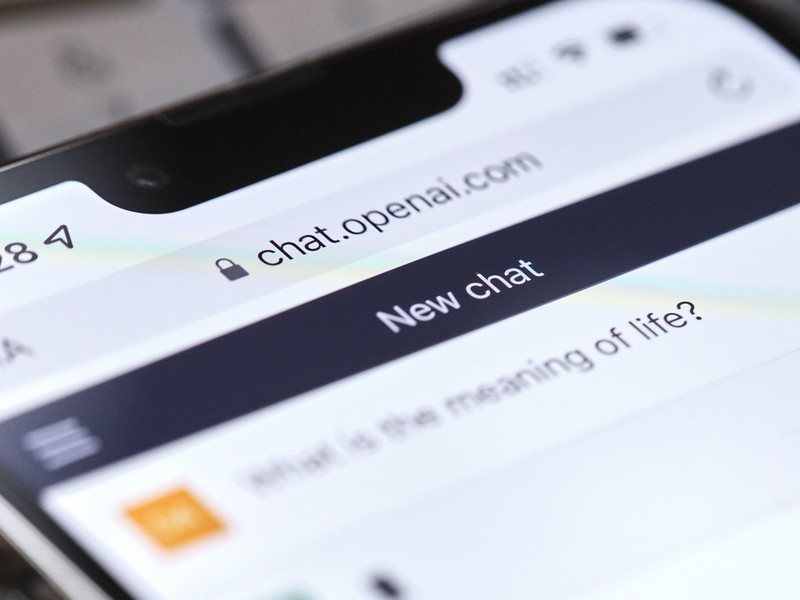A federal court has dismissed a copyright lawsuit that two news outlets brought against OpenAI earlier this year.
U.S. District Judge Colleen McMahon issued the ruling on Thursday. The plaintiffs, Raw Story Media Inc. and AlterNet Media Inc., have the option to relaunch the lawsuit in the future with certain revisions.
The two publications filed their complaint with the U.S. District Court for the Southern District of New York in February. They charged that OpenAI had incorporated thousands of their articles into three artificial intelligence datasets. According to the lawsuit, the company used those datasets to train some of the large language models that underpin ChatGPT.
The complaint didn’t accuse OpenAI of copyright infringement. Rather, it took issue with the fact that the AI provider removed so-called copyright management information, or CMI, from the publications’ articles before incorporating them into its training datasets.
CMI is a legal term that covers details such as an article’s author and title. In their lawsuits, the plaintiffs charged that OpenAI’s removal of CMI information breached a 1998 piece of legislation called the Digital Millennium Copyright Act. Raw Story and AlterNet argued that this practice made OpenAI liable to pay damages.
The second part of the lawsuit requested injunctive relief. That’s a court order designed to stop a certain practice, in this case the use of articles for AI training without the associated CMI information. The lawsuit stated that an injunction is needed because there’s a risk ChatGPT will display copyrighted content from Raw Story and AlterNet without CMI details such as article titles.
In its legal response, OpenAI asked the court to dismiss the case. The ChatGPT developer’s argument centered on the fact that lawsuits of this type can only proceed if the plaintiffs demonstrate they suffered “concrete harm.” Raw Story and AlterNet made the case that OpenAI’s “unlawful removal of CMI from a copyrighted work” qualifies as such a harm.
The court sided with OpenAI. “Let us be clear about what is really at stake here,” McMahon wrote in the ruling. “The alleged injury for which Plaintiffs truly seek redress is not the exclusion of CMI from Defendants’ training sets, but rather Defendants’ use of Plaintiffs’ articles to develop ChatGPT without compensation to Plaintiffs.”
The ruling allows Raw Story and AlterNet to refile the lawsuit under certain conditions. In particular, the publications must provide “an explanation of why the proposed amendment would not be futile.”
OpenAI said in a statement that “we build our AI models using publicly available data, in a manner protected by fair use and related principles, and supported by long-standing and widely accepted legal precedents.”
OpenAI is still facing copyright lawsuits from more than a half dozen other publications. Last December, The New York Times sued the ChatGPT developer and Microsoft Corp. for allegedly using millions of the paper’s articles without permission. A group of eight news outlets filed a similar complaint against the two companies in April.
Explore IT Tech News for the latest advancements in Information Technology & insightful updates from industry experts!
Source: https://siliconangle.com/2024/11/08/federal-court-sides-openai-ai-copyright-lawsuit/







